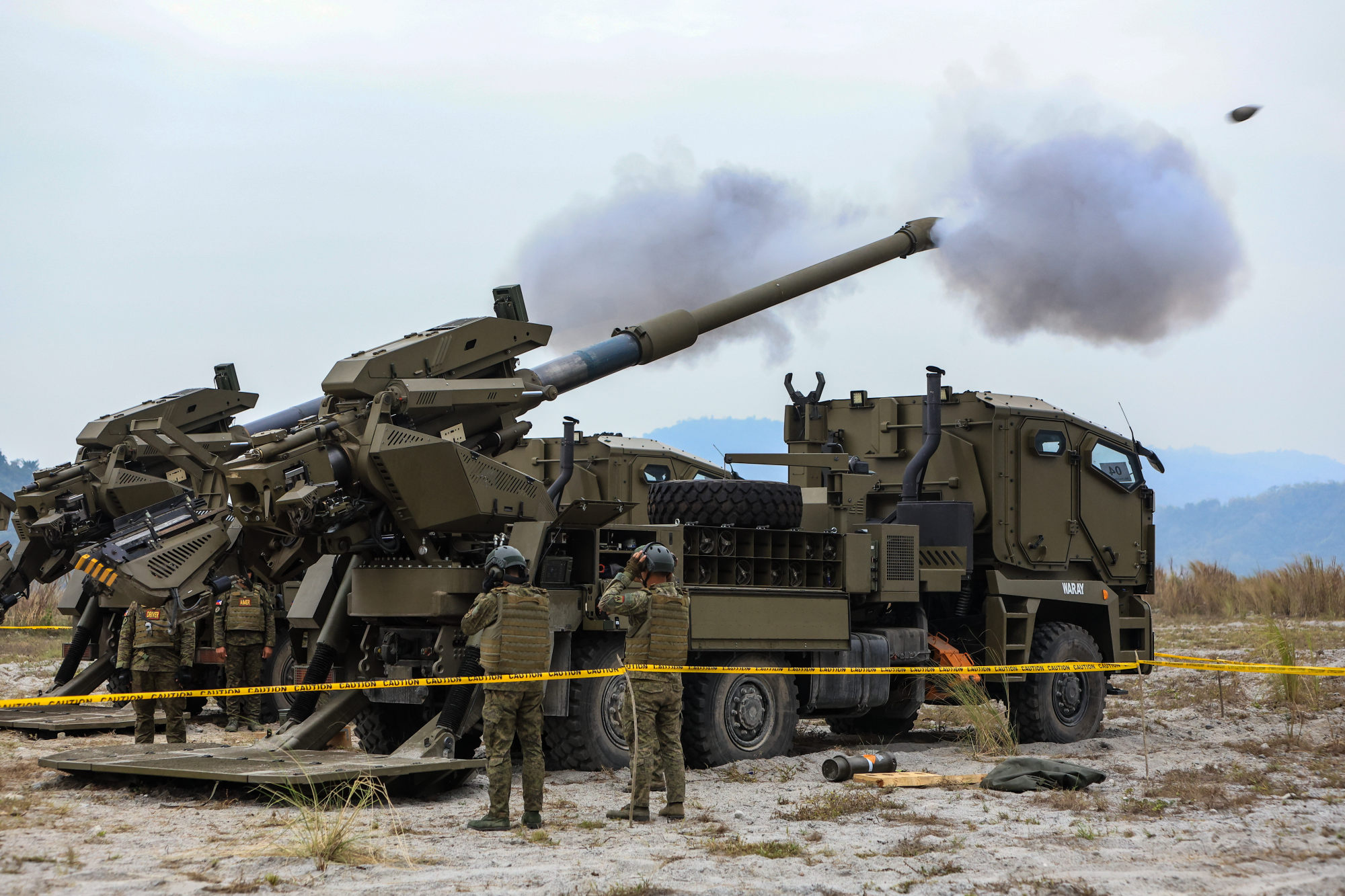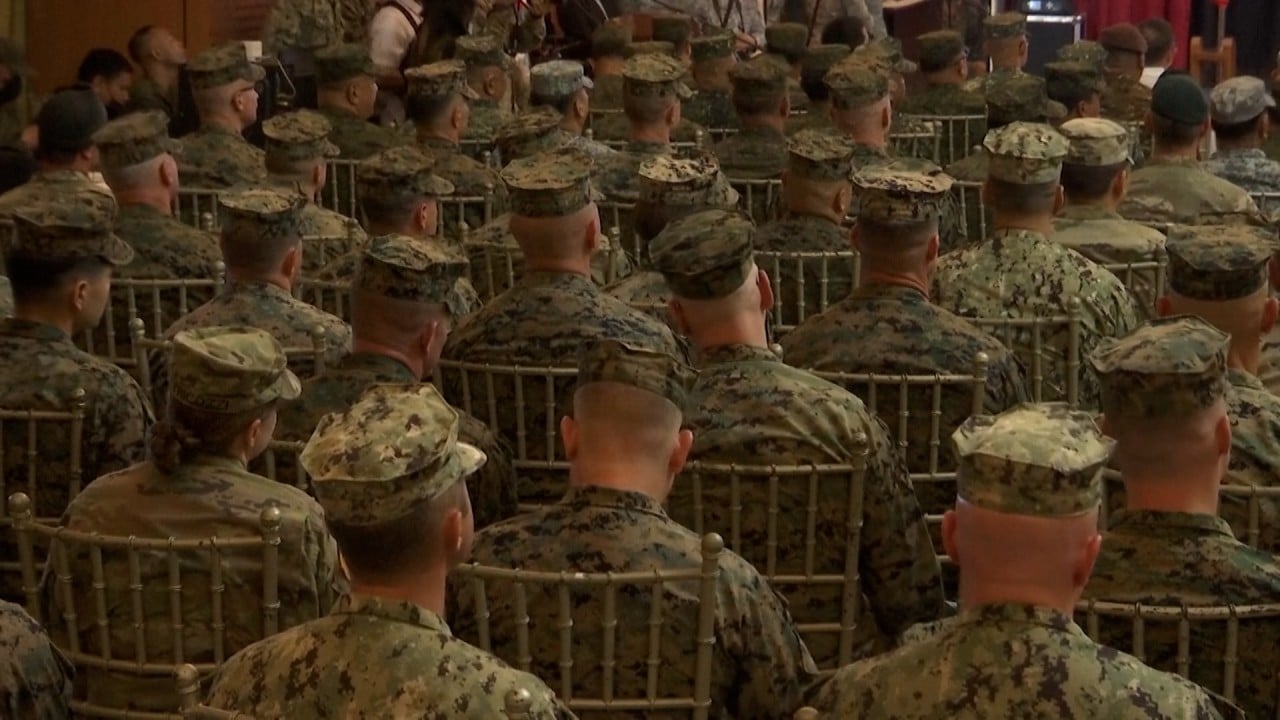
Philippines assures OFWs in Taiwan of their safety after Chinese envoy’s comments
- The Philippines says there’s no cause for alarm for more than 100,000 overseas Filipino workers in Taiwan, despite comments from China’s ambassador
- Chinese envoy Huang Xilian implied the safety of Filipinos in Taiwan could be at risk due to Manila’s military ties to the US. Beijing insists Huang was ‘misquoted’
The Manila Economic and Cultural Office (Meco) said the welfare and interests of the more than 100,000 overseas Filipino workers (OFWs) in Taiwan were “well-protected” and there was no cause for alarm.
I would be the first one to tell you if there is an emergency situation, but right now there is no tension
“I would like to assure you that the condition of our OFWs here in Taiwan is very good. I would be the first one to tell you if there is an emergency situation, but right now there is no tension,” broadcaster ANC quoted Meco chief Silvestre Bello III as saying on Monday.
Bello said all our community members are “prepared for any exigency”, adding Beijing has no influence on the hiring of Filipino workers by Taipei.
As the backlash against Huang’s remarks mounted in the Philippines, the Chinese embassy on Sunday said the diplomat was “misquoted” and released a transcript of his speech “to set the record straight”.
“Whether the sites are there or not, the fact is China has been trying to get back Taiwan,” he told GMA News.

Signed in 2014, EDCA allows the US to rotate in troops for prolonged stays as well as build and operate facilities on its bases.
Philippine lawmakers also weighed in on the security of the OFWs in Taiwan and urged the government to come up with a contingency plan to repatriate its nationals in the event of an armed conflict.
Senator Francis Tolentino suggested that next year’s annual Balikatan (“shoulder to shoulder” in Tagalog) military drills between the Philippines and the US feature the simulation of the evacuation of OFWs in Taiwan. Nearly 18,000 troops are taking part in the current edition of the war games that began last week.
The Department of Foreign Affairs on Tuesday said the government has not received any requests for repatriation from OFWs in Taiwan and they are “used” to the cross-strait tensions.
The foreign ministry said it was “closely monitoring” the situation in the island and working on an evacuation plan for 350,000 Indonesians in Taiwan, the Kompas daily reported.

